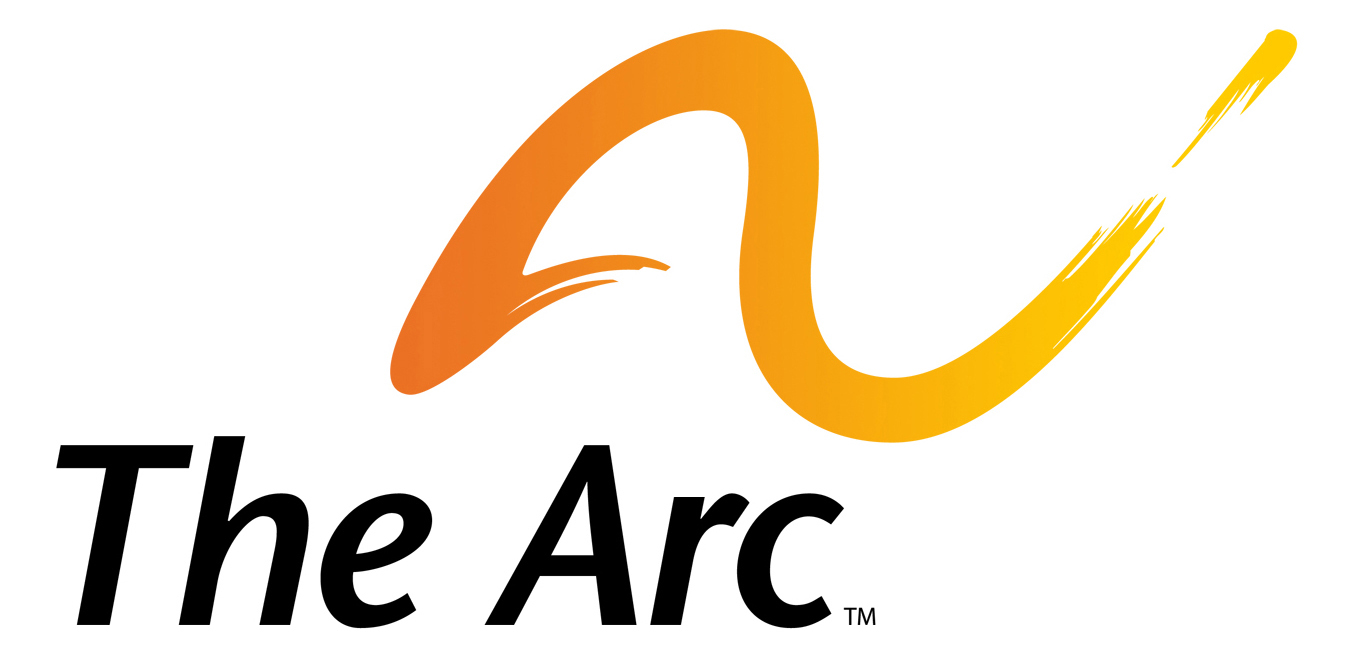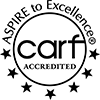Advocacy
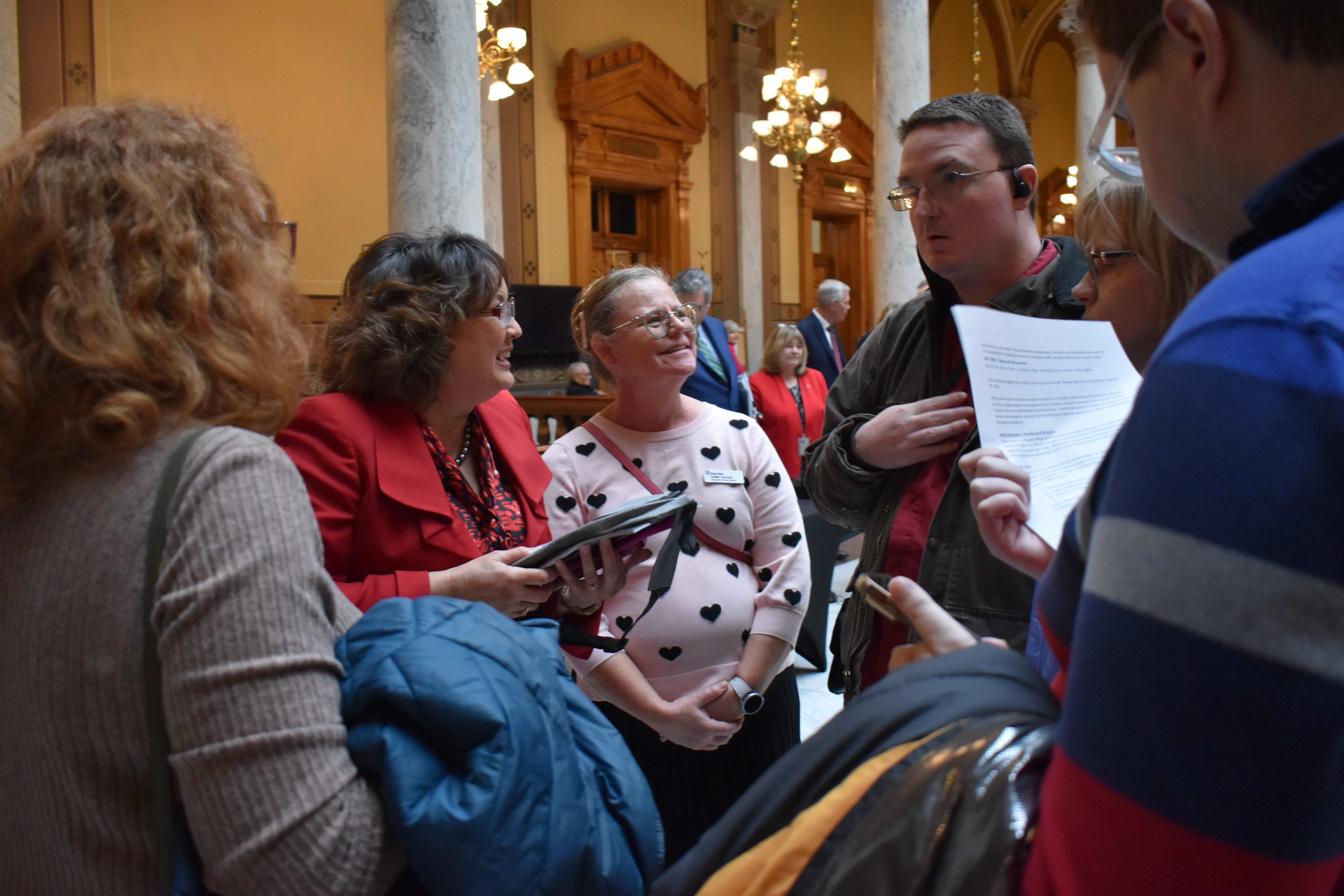
What Is Advocacy?
Advocacy can mean many things, but in general, it refers to taking action! Advocacy involves speaking and acting on behalf of yourself or others.
To make a difference in the supports and services that people with disabilities receive in Indiana and beyond, become an effective advocate! Your voice, joined with many others, can make a change in the local community, state, and country. Together, we can ensure the brightest future for everyone with disabilities and those who support them!
Not sure where to start?
Check out our Introduction to Advocacy Guide!
Become An Advocate
Elected officials want to make a positive change — just like you!
While they are concerned with many issues, they often do not have in-depth knowledge about specific topics - including how to best support people with developmental disabilities.
As an advocate, you can help them learn about what works well and what needs change when it comes to supporting people with disabilities.

Share Your Opinions
Your perspectives help elected officials decide what legislation to introduce, how to vote on issues, and what to prioritize funding. Let your elected officials know your opinions through letters, e-mails, phone calls, or visiting in person.
To find your legislator's contact information, visit the Indiana General Assembly website.
Get Involved
Getting involved with a political party or candidate can give you an inside track on the process. Every political party and candidate has plenty of work that needs to be done. You may be asked to make phone calls, stuff envelopes, or work on Election Day. You can find volunteer opportunities by reaching out to candidates or political parties directly.
Join an Advocacy Group
Joining an advocacy group is one way to increase your impact when taking action. You can be more successful and have more fun working with a group. There are many disability-focused groups to consider joining: a local chapter of The Arc, Self Advocates of Indiana, a family support group, or another group that aligns with your interests.
Be an Informed Voter
Before you vote, it is essential to seek information on the candidates and their positions. Much information is available from political parties and candidates themselves. While this information is helpful, it is also important to get information from other sources, such as newspapers, public debates, and advocacy groups you are interested in.
Write Letters to the Editor
Writing a letter to the editor is one way to publicly discuss an issue and influence local officials. Every newspaper has different requirements for letters to the editor, but in general, it is important to be clear, concise, and focus on just one issue.
Submit a Letter to the Editor to The Herald Times, The Republic, or the Times Mail.
Register and Vote
By voting and supporting your chosen candidate, you send a message about the kind of government you want! To vote, a citizen must be registered. You can register online at the Indiana Voters website, or at your local city clerk’s office, license branch, and many other government offices.
Attend Public Meetings
Many meetings of the city council, county council, Indiana General Assembly, and school board are open to the public. Public meetings give citizens an opportunity to see the decisionmaking process in action, and give their opinions by speaking during the public feedback portion.
To find upcoming sessions and committee meetings for the Indiana legislature, visit the Indiana General Assembly calendar.
Sign Up
To receive opportunities for action and stay informed on issues that affects people with developmental disabilities, join The Arc of Indiana's Advocacy Update!
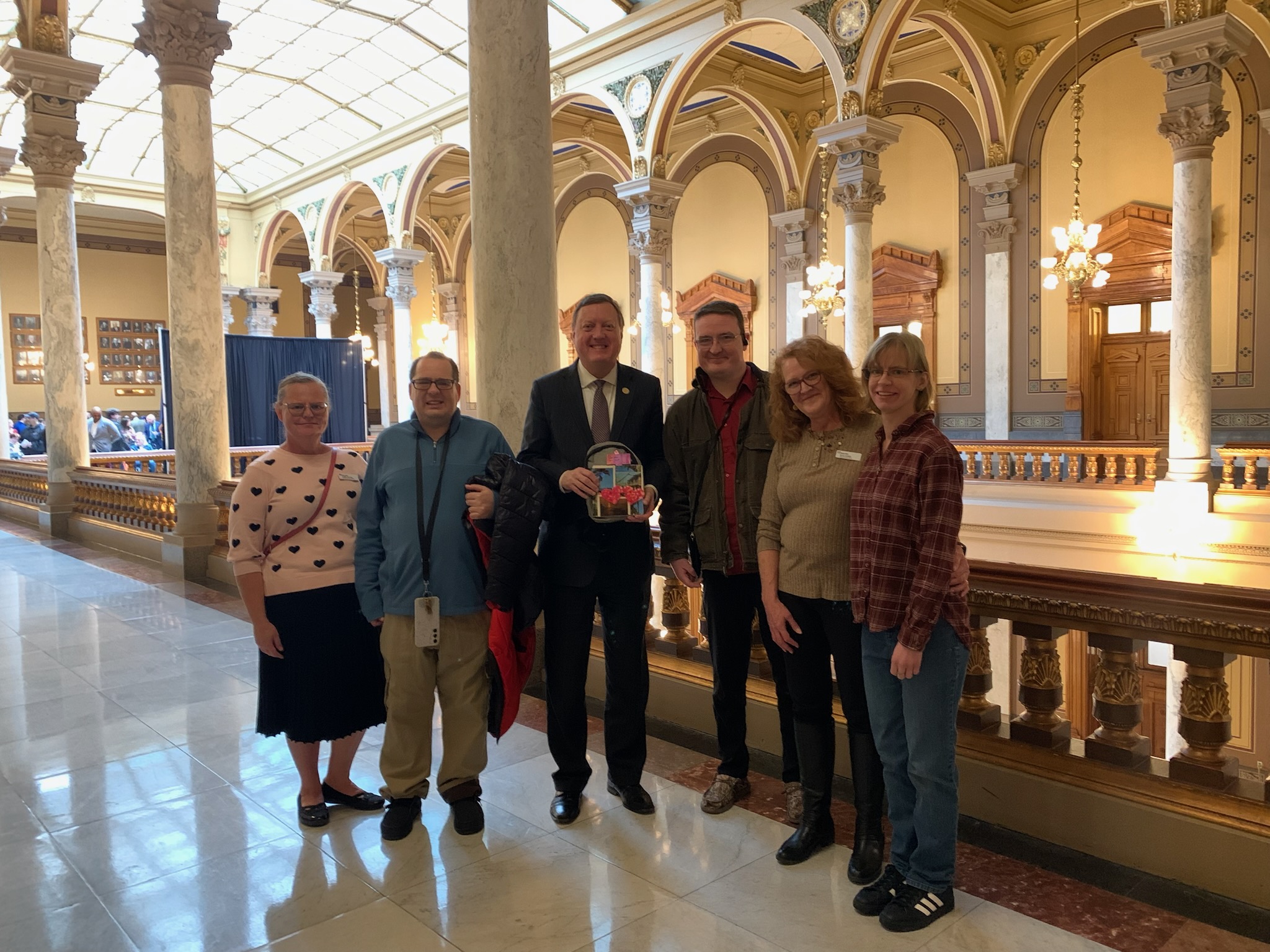
What Issues Does Stone Belt Advocate On?
Join Our Advocacy Team
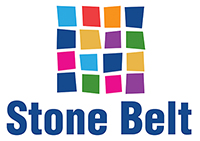
About Us
Your Help
Follow Us
Stone Belt Arc is the local chapter of The Arc in Monroe County. The Arc is committed to all people with intellectual and developmental disabilities realizing their goals of living, learning, working and fully participating in the community. The combined strength of local Arcs, The Arc of Indiana and The Arc of the United States makes The Arc the largest national community-based organization advocating for and serving people with intellectual and developmental disabilities and their families. Learn more about The Arc by visiting www.arcind.org and www.thearc.org.






